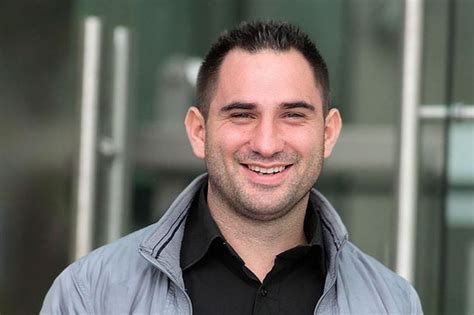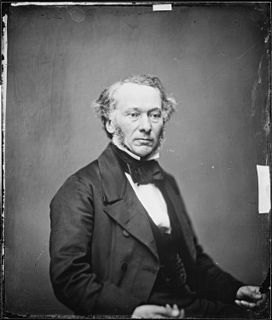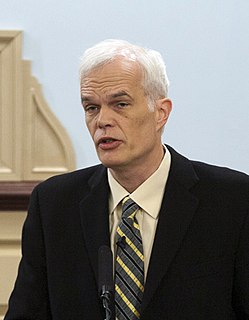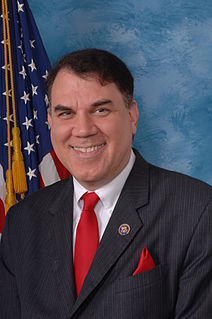A Quote by Robert H. Frank
John Stuart Mill believed that the only acceptable reason for government to limit a person's liberty was to prevent him from causing unacceptable harm to others. Mill was not a libertarian, but many libertarians are quick to cite this principle when arguing against a regulation that they oppose. And I believe most thoughtful libertarians are prepared to embrace something fairly close to Mill's harm principle. But accepting that principle implies accepting many of the institutions of the modern welfare state that libertarians have vigorously opposed in the past, such as safety regulation.
Quote Topics
Acceptable
Accepting
Against
Arguing
Believe
Believed
Causing
Cite
Close
Embrace
Fairly
Government
Harm
Him
I Believe
Implies
In The Past
Institutions
John
Libertarian
Libertarians
Liberty
Limit
Many
Mill
Modern
Most
Only
Oppose
Opposed
Others
Past
Person
Prepared
Prevent
Principle
Quick
Reason
Regulation
Safety
Something
State
Thoughtful
Unacceptable
Welfare
Welfare State
Related Quotes
A libertarian is a person who believes that no one has the right, under any circumstances, to initiate force against another human being for any reason whatever; nor will a libertarian advocate the initiation of force, or delegate it to anyone else. Those who act consistently with this principle are libertarians, whether they realize it or not. Those who fail to act consistently with it are not libertarians, regardless of what they may claim.
The Libertarians, of whom I'm rather fond, are running Harry Browne. Libertarians are, just as they claim, principled and consistent - they believe in individual liberty. Commendable as they are, and despite their reliability as allies in civil liberties struggles, you may notice that Libertarians sometimes prove that a foolish consistency is the hobgoblin of little minds, and that there is a difference between logic and wisdom.
A crucial difference between lite libertarians and the right kind is that to the former, the idea of liberty is propositional - a deracinated principle, unmoored from the realities of history, hierarchy, biology, tradition, culture, values. Conversely, the paleolibertarian grasps that ordered liberty has a civilizational dimension, stripped of which the libertarian non-aggression axiom, by which we all must live, cannot endure.
The change began with John Stuart Mill and the Utopians . When Mill pointed out that economics had no ultimate solution to the problem of distribution , that society might do with the fruits of its toil as it saw fit, he introduced into the mechanical calculus of the market a conflicting calculus of moral judgment.
The proper role of government is exactly what John Stuart Mill said in the middle of the 19th century in "On Liberty." The proper role of government is to prevent other people from harming an individual. Government, he said, never has any right to interfere with an individual for that individual's own good.
The great philosophers of the past who wrote so beautifully - Rousseau, John Stuart Mill - had to write beautifully because they had to sell their work to journals. They had to sell books to the general public because they could not hold positions in universities. Mill was an atheist, and, therefore, could not hold a position in a university.
In any society, order is the first need of all. Liberty and justice may be established only after order is tolerably secure. But the libertarians give primacy to an abstract liberty. Conservatives, knowing that "liberty inheres in some sensible object," are aware that true freedom can be found only within the framework of a social order, such as the constitutional order of these United States. In exalting an absolute and indefinable "liberty" at the expense of order, the libertarians imperil the very freedoms they praise.
The thing about drugs is this ... the Libertarians kind of have the right idea on this: Basically, their theory is that you own your own body, and the government should get out of your face. But, you also do not have the right to harm other people or to impinge on their rights or space. So, let's apply that to drugs . If you want to get wrecked, and you could afford it, and you have a place to do it where the results of your behavior can't harm another person, I don't see any reason why you shouldn't be allowed to do it.



































